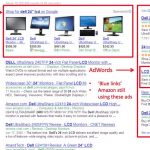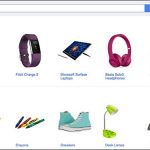Google’s first step in air-travel dominance—stop sharing intel with competitors
November 02, 2017
Google may be elbowing its way into the travel business, and its first step seems to be to stop sharing its intel with its competitors. The company announced that it is shutting down its QPX Express service, which lets small travel companies access airfare information, in order to “focus on our other enterprise solutions for partners and users.” According to Hacker News, the company sent out an email to users suggesting they “find an alternate solution before April 10, 2018.” In a statement, Google said it was shutting down the service due to “low interest,” and will be keeping the more comprehensive version of the software tool intact for larger corporate customers.
It’s fair to question the motivation, though. Google bought its extensive airfare monitoring tool back in 2011 after it bought ITA Software Inc., an online airfare broker. The $700 million deal attracted government scrutiny. In approving the deal, a federal judge required that Google keep an ITA flight search and pricing software, called QPX, accessible to third parties for at least five years. As TechCrunch notes, QPX customers include a lot of well-known travel sites like Bing Travel, Cape Air, CheapTickets, Kayak.com, Orbitz, Alitalia, American, ANA, United Airlines, US Airways, and Virgin Atlantic.
Now, though, those five years are up, and Google is shuttering at least one part of the service. Since buying ITA, Google implemented its software to create Google Flights, which aggregates airline prices, lets consumers book directly, and competes with companies like Kayak.com and Skyscanner. More recently, though, it started building out its own booking service, adding a variety of price-saving travel hacks that compete more closely with Expedia and Priceline. However, as the Chicago Tribune points out, sites like Expedia and Priceline buy millions of dollars of ads on Google, and it’s still TBD whether Google’s travel ambitious could offset alienating its ad-buying customers.
Fast Company , Read Full Story
(37)














